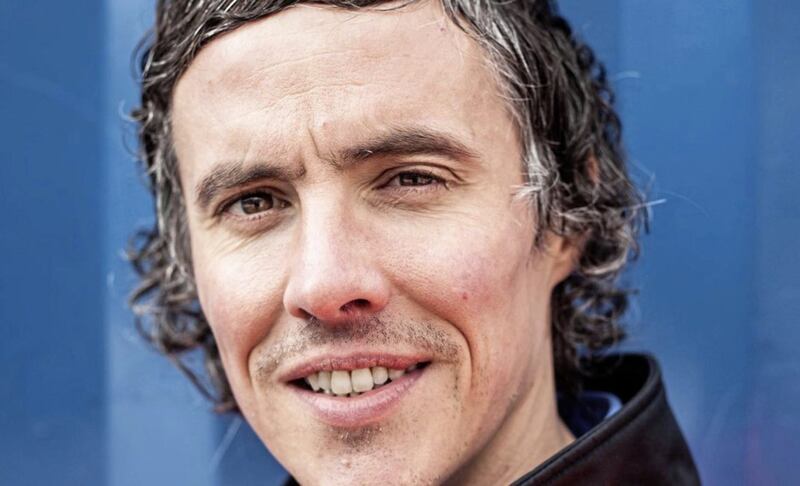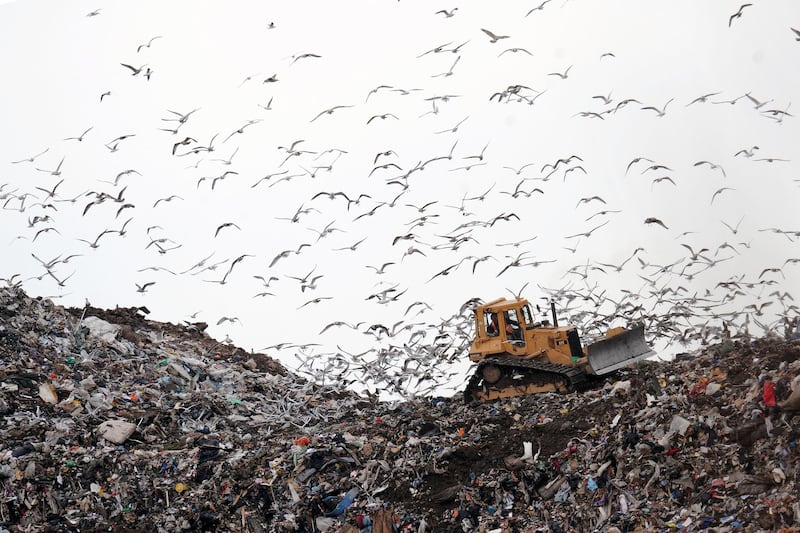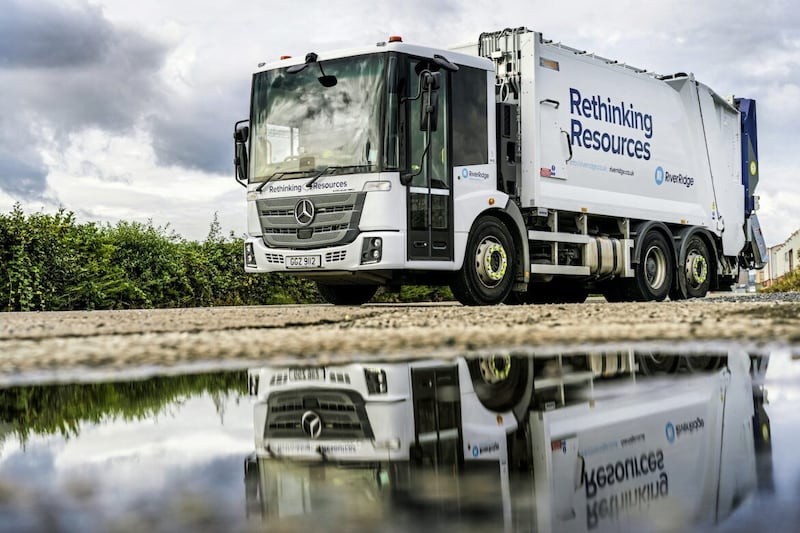COUNCILS have been warned not to let success in driving up recycling rates to be lost due to the coronavirus pandemic which could see daily life disrupted for the rest of 2020.
The rate of waste sent for preparing for reuse, dry recycling and composting increased by 1.9 percentage points in the last quarter of 2019 compared to the previous year and energy recovery rate increased by 4.3 percentage points.
There was also a fall in landfill rate by 6.5 percentage points according to the latest Local Authority Collected Municipal Waste Management statistics published by the Northern Ireland Statistics and Research Agency.
[ READ MORE: Blue bin collections resume in BelfastOpens in new window ]
Household waste accounted for 87.8 per cent of total waste collected by councils directly from households through kerbside collections, taken to `bring sites' and civic amenity sites and `several other smaller sources'.
Councils collected 234,266 tonnes of waste between October and December 2019 - 1.3 per cent higher than during the same three months of 2018.
While council bin collections have been maintained during the lockdown period, the closure of most recycling centres across the north has seen an increase in illegal dumping.
On Monday Mid and East Antrim council became the first to reopen its recycling centres in Larne and Carrickfergus, arguing they "provide a much-needed and essential service".
There has been pressure for other local authorities to follow suit.

Colm Warren, chief executive of Natural World Products (NWP) which delivers around half of all recycling from collected household waste by converting organic material into compost, said the figures show people across the north were helping to fight climate change.
"The amount of waste going to landfill meanwhile now stands at 24.1 per cent, a record low, showing the message on the importance of keeping as much material as possible from the black or grey bin is being received loud and clear," he said.
"With just under a quarter of domestic waste being sent for composting, households played a major part in not only fuelling the circular economy but helping the fight against climate change with every tonne of compost applied to soils contributing significant carbon savings, in terms of keeping CO 2 out of our atmosphere."
However, he urged councils "having achieved so much success to date in driving up recycling rates" to "continue to grasp this opportunity and prioritise the ongoing collection of organics, particularly during the COVID-19 pandemic".
"We are already seeing a huge upsurge in the volumes of food and garden material as people spend more time at home and expect this to continue throughout the summer, traditionally a busy period any way."







